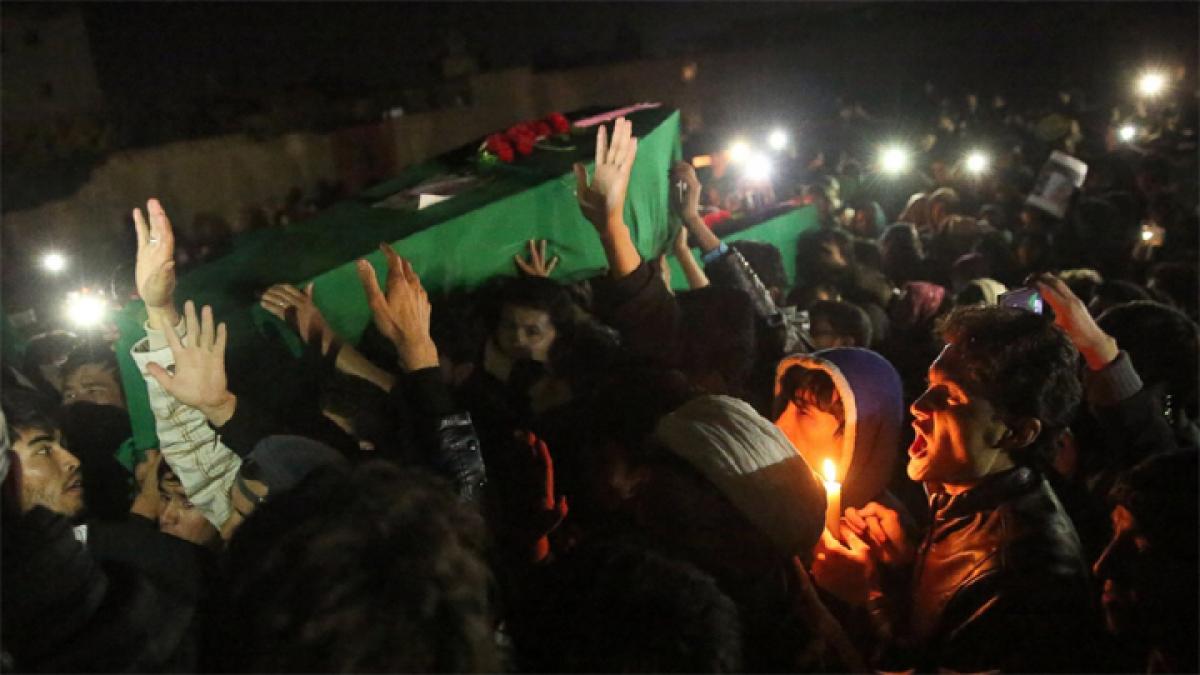Live
- Jharkhand polls: Issues of 'Roti, Beti, Maati' & tribal identity dominated campaign rhetoric
- Kharge seeks President’s intervention to restore normalcy in Manipur
- India aims for equity and balance when negotiating FTAs: Piyush Goyal
- PKL Season 11: ‘Small mistakes in strategy’ led to one-point heartbreak, says Bengaluru Bulls head coach
- Delhi HC directs formation of action plan to deal with bomb threats, other emergencies
- Meeting with Mufti Azhari not to influence votes, don’t support anyone spewing hate: Abu Azmi
- Scott Edwards, Sufyan Mehmood & Gerald Coetzee found guilty of breaching the ICC Code of Conduct
- BGT 2024-25: With family complete, Rohit should now play the Perth Test, says Surinder Khanna
- Coal India wins prestigious Green World Environment Award
- Over 1.3 million stimulant tablets seized in Myanmar's Yangon





.jpg)




